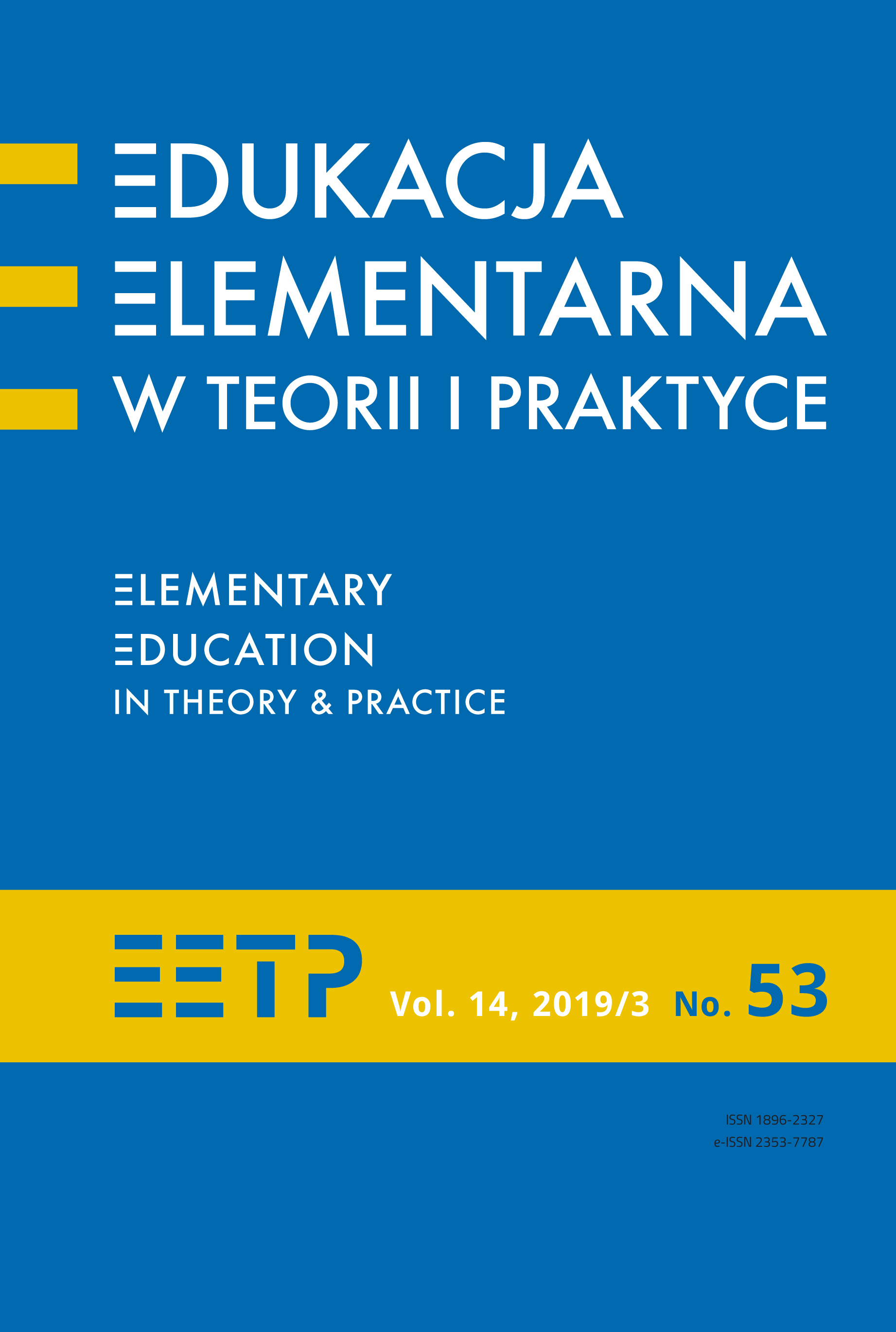Polskie przedszkola na uchodźstwie w okresie II wojny światowej
Kindergartens in Exile During the World War II
Author(s): Witold ChmielewskiSubject(s): Social Sciences, Education, History of Education
Published by: Uniwersytet Ignatianum w Krakowie
Keywords: exile; kindergarten; children; kindergarten teachers;upbringing;World War II;
Summary/Abstract: The objective of the article is to outline the activity of the Polish kindergartens in exile during the Second World war. The research methods proper for the history of education were used in the work. Its contents were mainly based on the analysis of archival materials from the Polish Institute and Sikorski Museum in London. The author of the article proved that Polish kindergartens existed in all large colonies of refugees in Iran, India, Palestine, Central-Eastern and Southern Africa, New Zealand, Mexico, and the Polish II Corps of general Władysław Anders. The kindergartens mainly took care of orphans and children who, for various reasons, were deprived of parental care. The kindergartens in Austria and Bavaria, supervised by the Polish army, gathered the children of people who were forced to go there during the war and did not manage to get back to Poland yet. Also, they included the children of Home Army (Polish abbreviation: AK) soldiers who came from Poland. A lot of kindergartens worked 24 hours a day. Their main task was to prepare preschool children for studying in the public primary school. Kindergartens were usually organised in school buildings. Despite numerous difficulties, the organisers of those kindergartens did their best to provide them with well-qualified teaching staff. Apart from teachers, teacher’s assistants were employed. Kindergartens in exile finished their activity in the years 1945-1947 when particular colonies of Polish refugees were being closed. Summing up the work of Polish kindergartens in exile, one has to admit that they played an important role in upbringing and caring for the youngest generation of Polish refugees, they protected them against losing the national identity, and gave them the sense of warmth and stability during the war exile. The issue of kindergartens in exile requires further detailed analysis, especially as for their activity in Africa.
Journal: Edukacja Elementarna w Teorii i Praktyce
- Issue Year: 14/2019
- Issue No: 3 (53)
- Page Range: 87-110
- Page Count: 24
- Language: English, Polish

